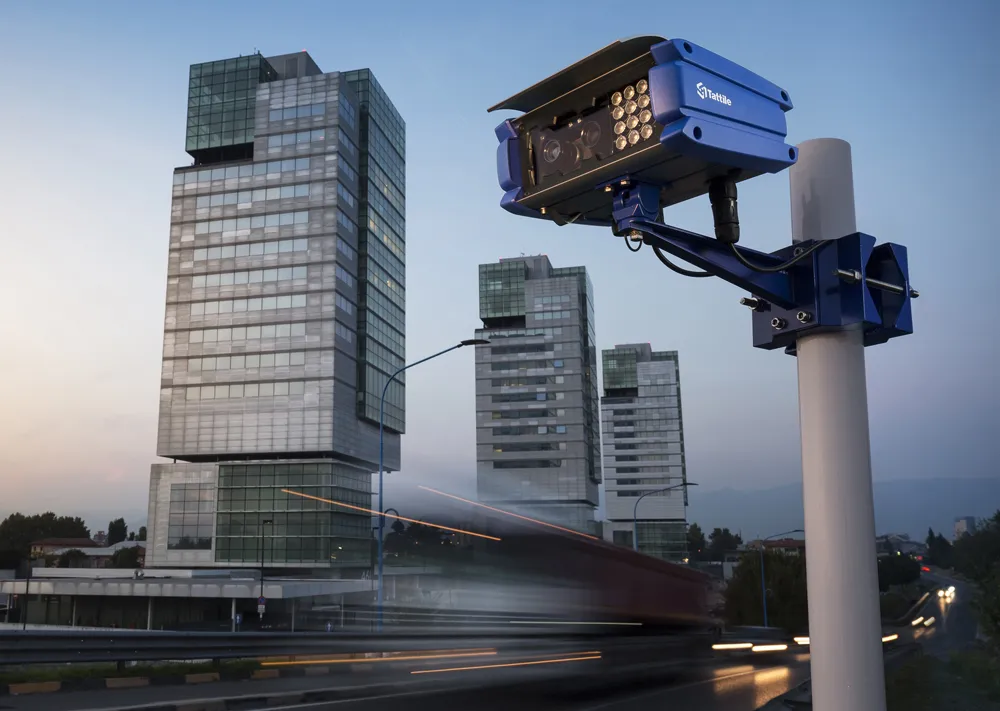Schneider Electric is to use its expertise and experience in developing and implementing free-flow toll system management solutions and electronic toll payment solutions in the design, supply and installation of the tolling system back office for Australia’s New South Wales Government's Roads and Maritime Services (RMS). RMS is a delivery arm of Transport for NSW and is responsible for building and maintaining roads, conducting driving tests, issuing licences and registrations and overseeing harbours and wa
February 22, 2013
Read time: 2 mins
Schneider Electric will implement its SmartMobility back office technology solution to support RMS’ electronic toll collection systems. This technology, which will replace and enhance the technology presently in place, will enable RMS to simplify and standardise management of the assets, systems and infrastructures, currently operated by the company on the Sydney Harbour bridge and tunnel, which are used by around 100,000 drivers each day, in addition to integrating concessions that are due to expire in the next few years. The solution is designed to be scalable over time, allowing for future integration of new infrastructures or segments, including parking facilities, new toll system networks, according to the potential needs of RMS.
The solution features an advanced workflow and business rules engine that aids in quickly adapting to new operational realities and optimising toll collection. As far as the operator is concerned, the system interface was designed to achieve a simple, intuitive user experience, lending greater efficiency to operator management. This results in optimised toll system operation and management, processes that are more effective for users, and lower system operation-related costs.
The project also includes development of a tolling roadside operations (RSO) system for receiving, administering and processing the information obtained from the roadway systems: transactions performed along the road corridors, vehicle guidance, operating status of toll gantries and licence plate images. This system interacts with the tolling revenue management system (TRMS) in order to transmit the tags and images for electronic toll collection.
Says Schneider Electric’s smart infrastructure executive vice president Ignacio González, “We are proud to have been chosen by RMS to update their systems and adapt them to new market needs. Our service quality and expertise in this field were key factors in this decision.”








